Artificial intelligence: helper or threat?
Artificial intelligence (AI) has already penetrated into all spheres of our life: it helps doctors diagnose diseases, automates business processes, manages transport systems and even creates works of art. However, despite the numerous advantages, many people are wondering: does AI pose a threat to humanity? Let’s see how this technology and how it is changing our lives, affecting the labor market and posing new ethical challenges to society.
Artificial intelligence in our lives
AI has become an integral part of everyday life. We interact with it every day without even thinking about it. Here are some examples of how it works in the real world:
- Voice assistants: Siri, Alexa, Google Assistant make it easier to find information and control your smart home.
- Personalized recommendations: Netflix, YouTube, Spotify use AI to offer users relevant content.
- Medicine: AI helps doctors make diagnoses based on medical data, analyze MRI images, and develop personalized treatments.
- Finance: Algorithms predict stock market movements and identify fraudulent transactions.
- Autonomous cars: Tesla and Waymo use AI to develop self-driving vehicles.
- Generative models: ChatGPT and DALL E create texts and images that are indistinguishable from human work.
AI technologies are improving every day, making our lives more convenient, but also raising questions about the consequences of this.
AI and the Labor Market: Automation or Mass Unemployment?
One of the main issues related to the development of AI is its impact on the labor market. According to analysts, automation will affect millions of jobs, but will also create new professions.
What professions are under threat?
AI is already capable of performing many routine and mechanical tasks faster and cheaper than humans. Among the professions that may disappear in the coming decades:
- Call center operators (being replaced by chatbots and voice assistants)
- Cashiers (automated cash registers are already in operation in many stores)
- Drivers (the development of unmanned transport reduces the need for human drivers)
- Entry-level lawyers (AI analyzes documents and finds errors)
- Data analysts (machine learning algorithms are already superior to humans in processing large amounts of information)
What professions will appear?
AI development also creates new jobs, including:
- Machine learning engineers
- AI ethicists
- Explainable AI developers
- Human-machine interaction consultants
- Virtual world and metaverse designers
The future of the labour market depends on how quickly people can adapt and retrain to new conditions.
Ethical challenges and dangers
As AI capabilities grow, serious questions about ethics and safety arise..
1. Discrimination and bias
AI is trained on data provided by humans, meaning it can inherit their biases. For example, credit scoring algorithms can discriminate against certain groups of the population, and facial recognition systems often make mistakes in identifying people of different skin colors.
2. Privacy Issue
AI systems collect and analyze huge amounts of personal data. This puts user privacy at risk and opens up opportunities for abuse by corporations and governments.
3. Deep Fakes and Manipulation
AI is capable of creating realistic video and audio (deepfakes), which can be used for disinformation and fraud.
4. Potential Threat to Humanity
People like Elon Musk and Stephen Hawking have warned that the development of strong AI could pose a threat to humanity if it gets out of control. It is important to develop regulatory and protection mechanisms.
How to manage the development of AI?
To minimize risks, it is necessary to:
Develop transparent algorithms to understand how AI makes decisions.
Introduce legal norms to regulate the use of AI in critical areas.
Control the development of autonomous systems, especially in the military field.
Support training and retraining of personnel so that people can adapt to changes in the labour market.
Conclusion
AI is a powerful tool that can make our lives better, but it also poses serious challenges. The question is how we use this technology. Whether AI will remain our assistant or become a threat depends on how responsibly we approach its development and use.

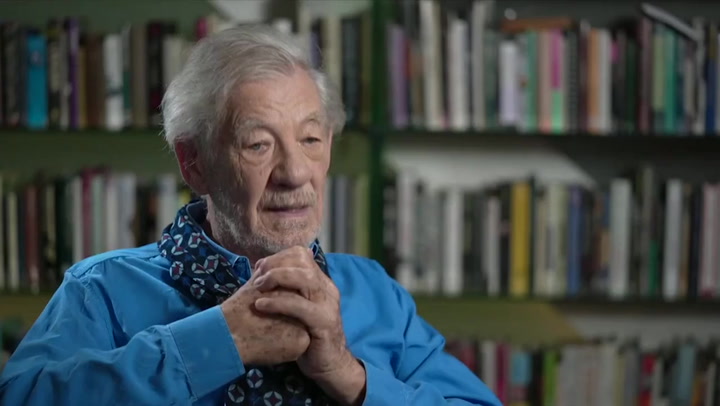
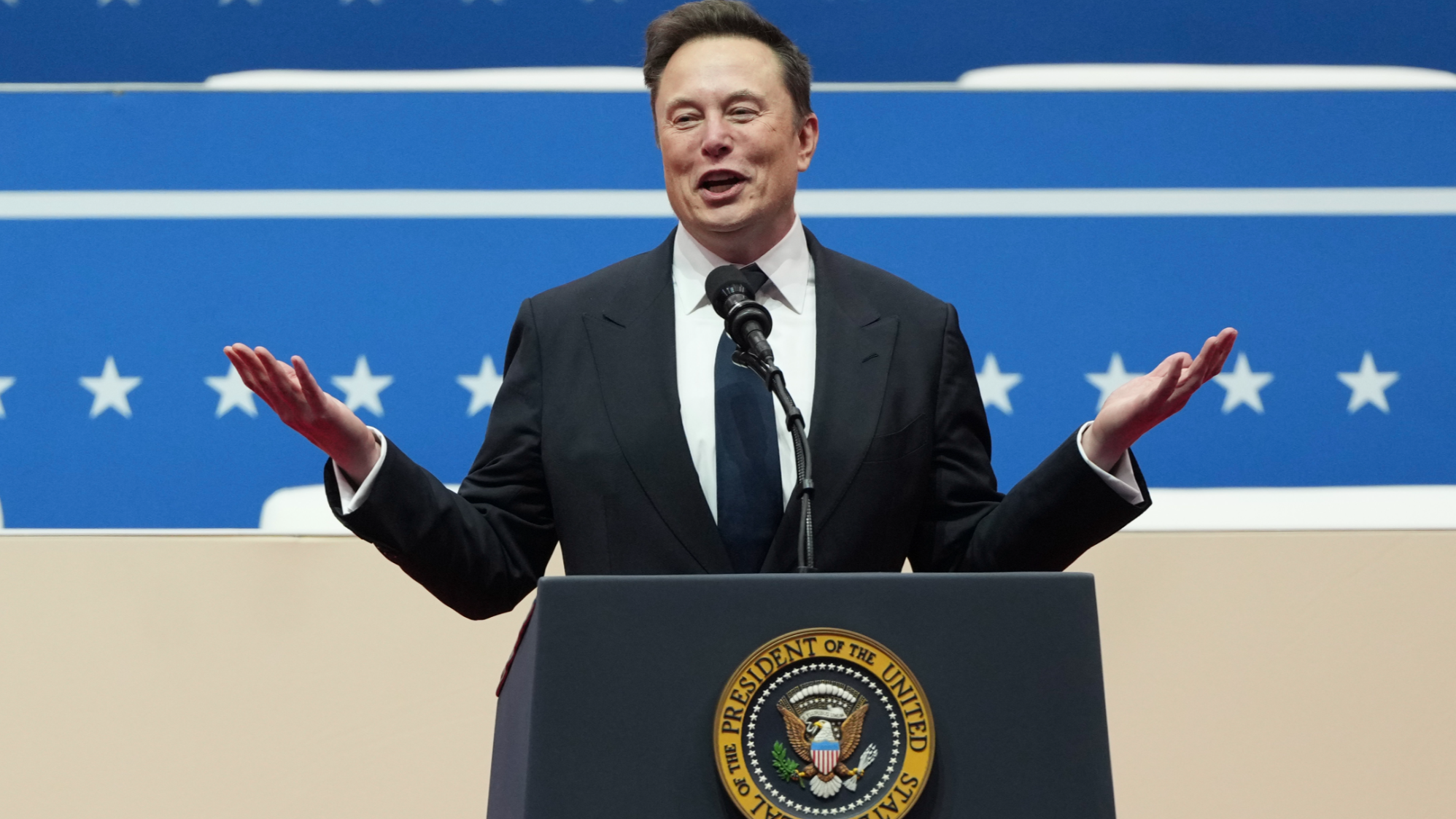






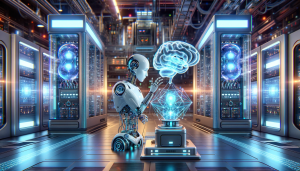
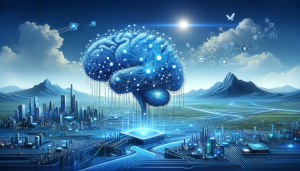
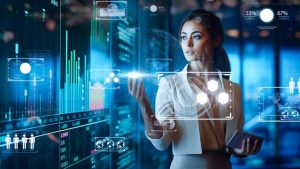
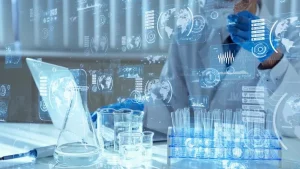

Post Comment